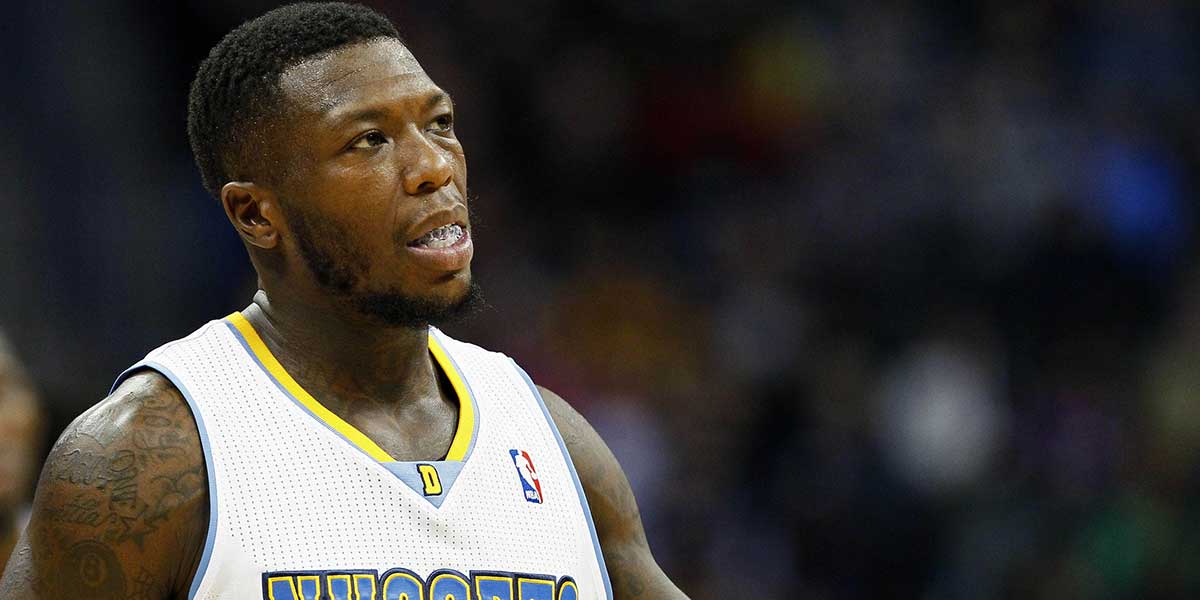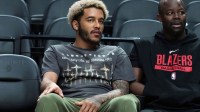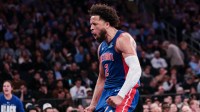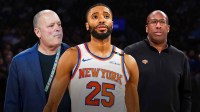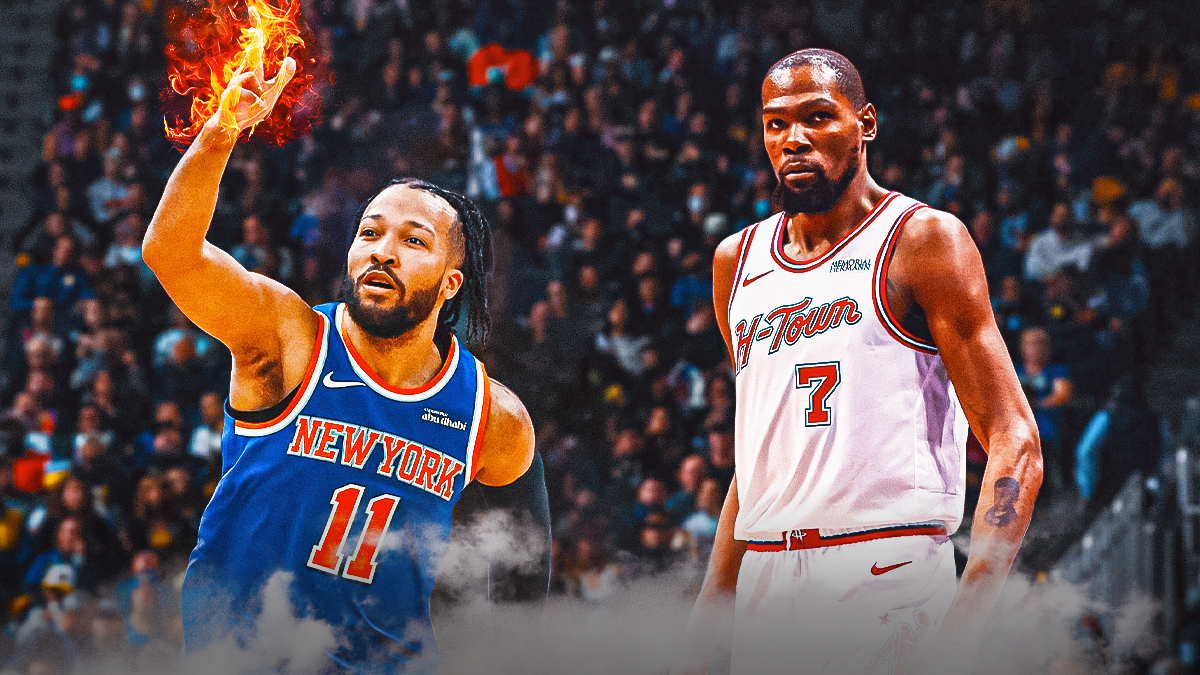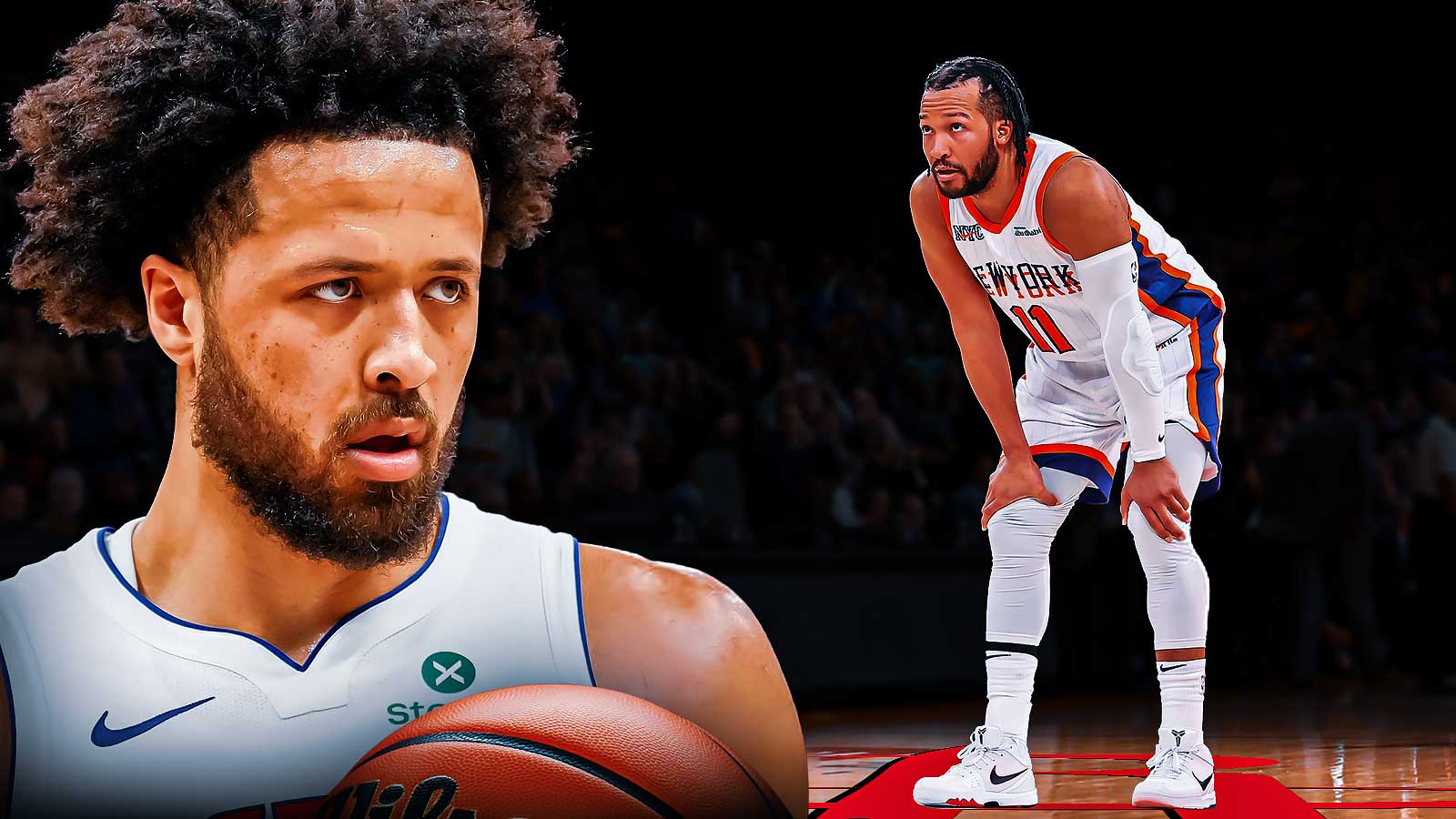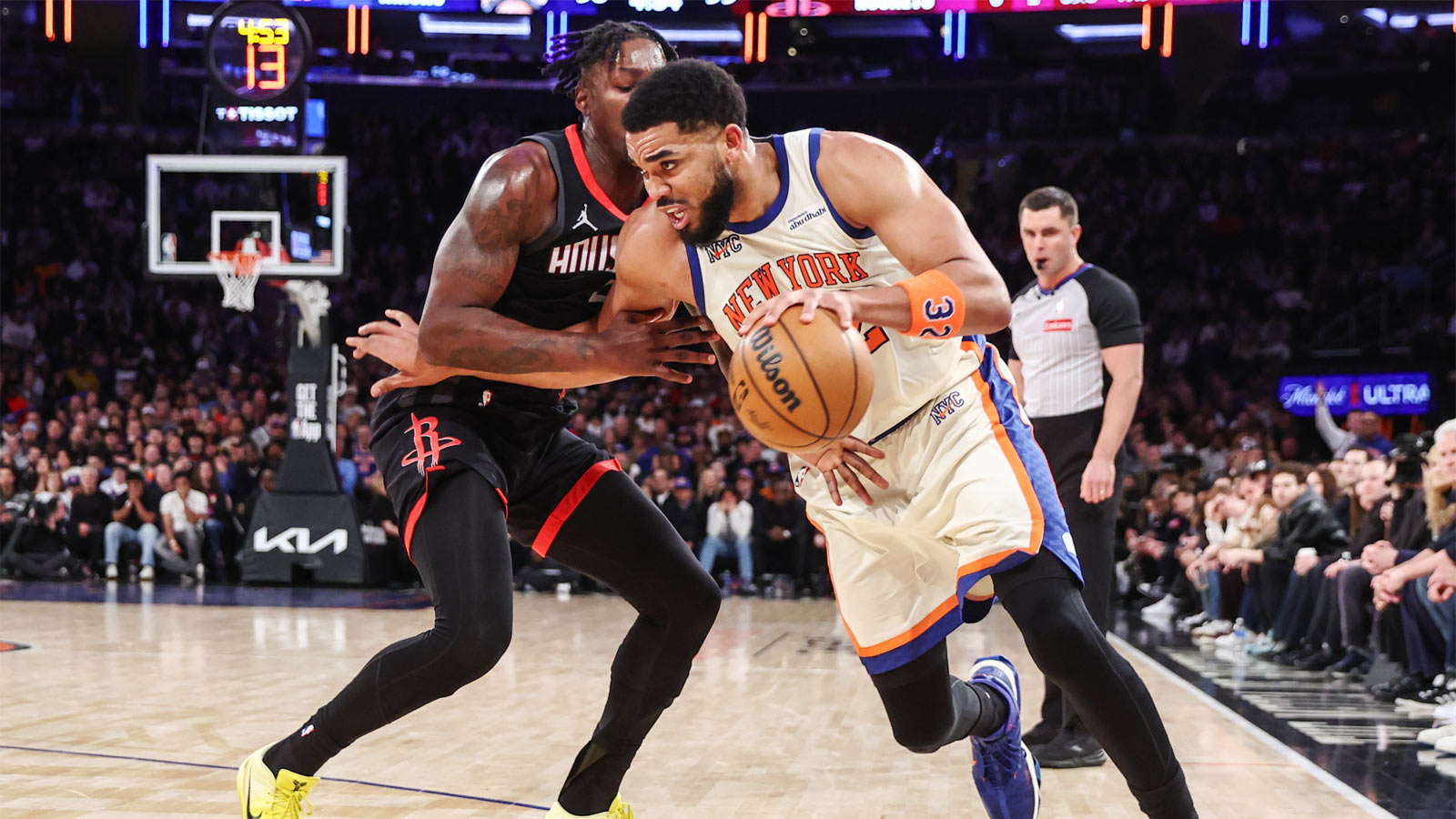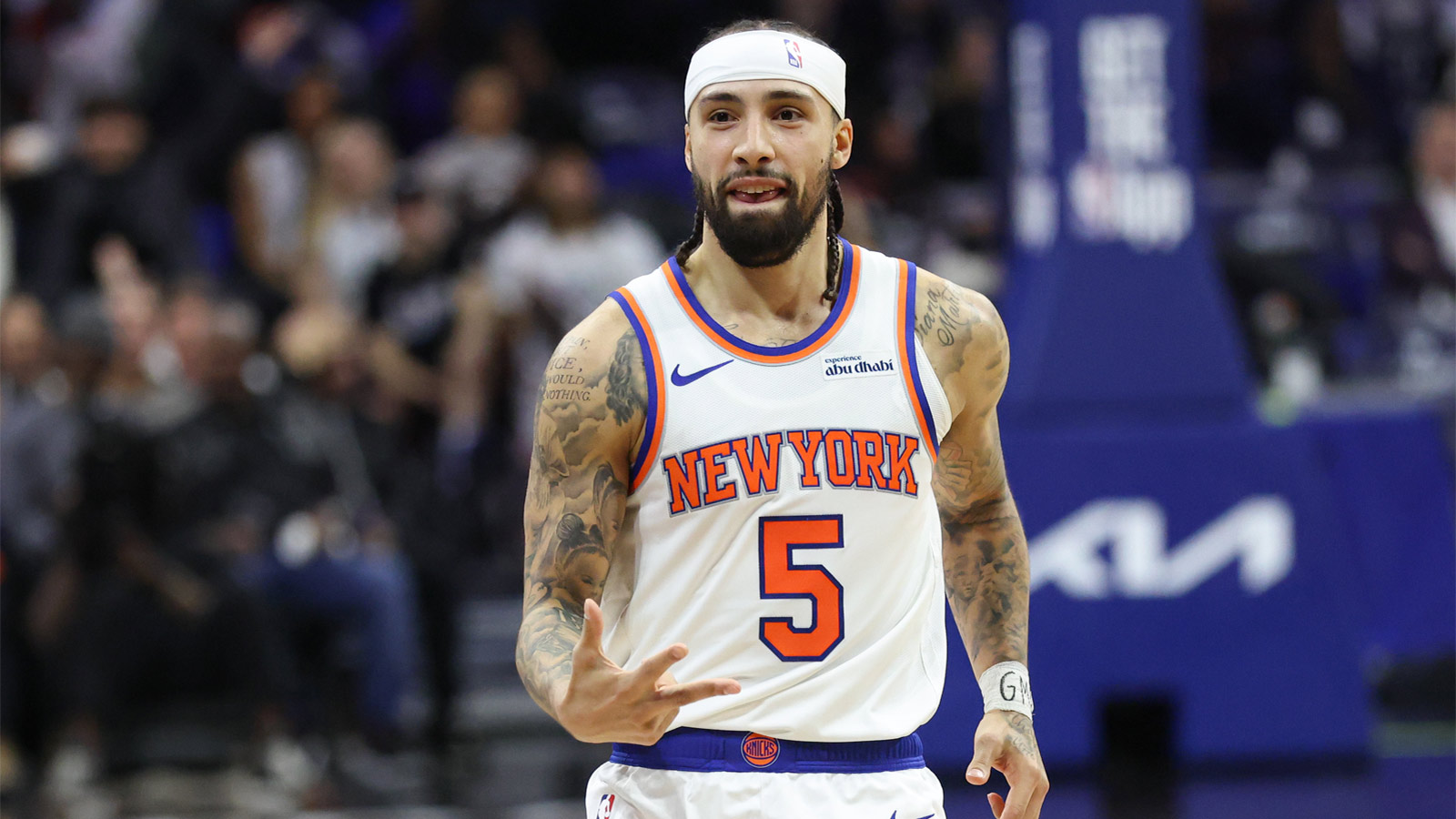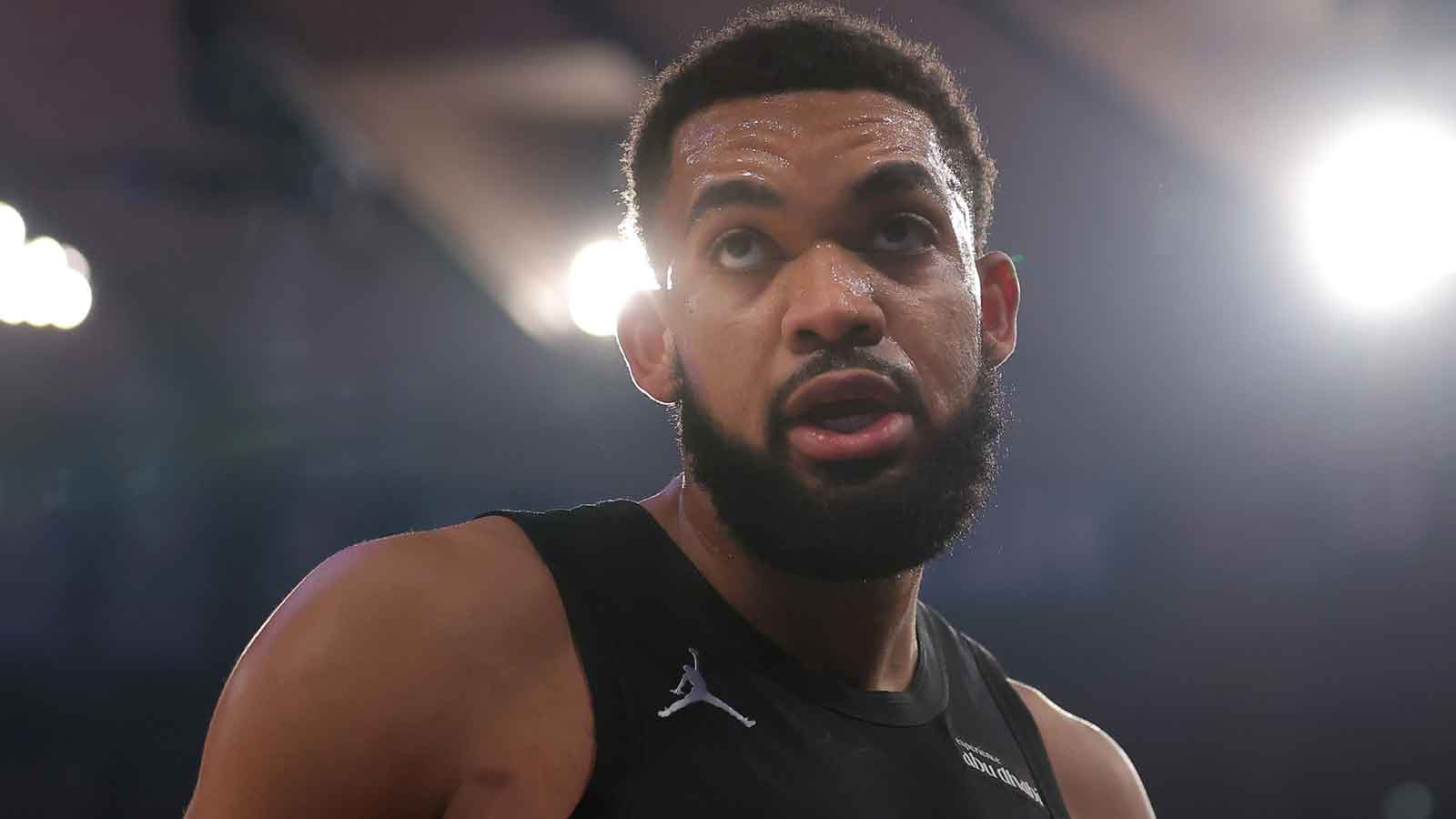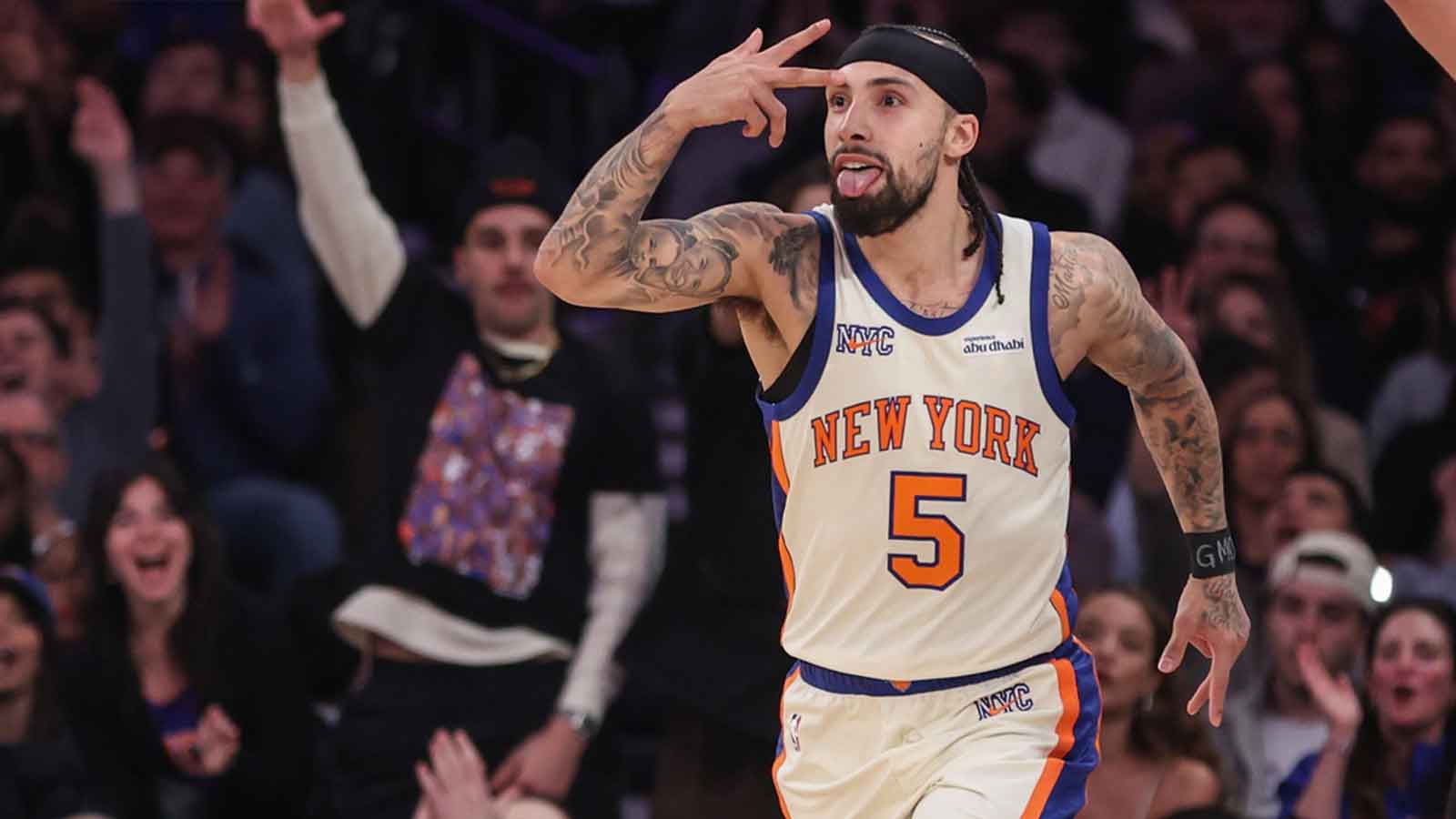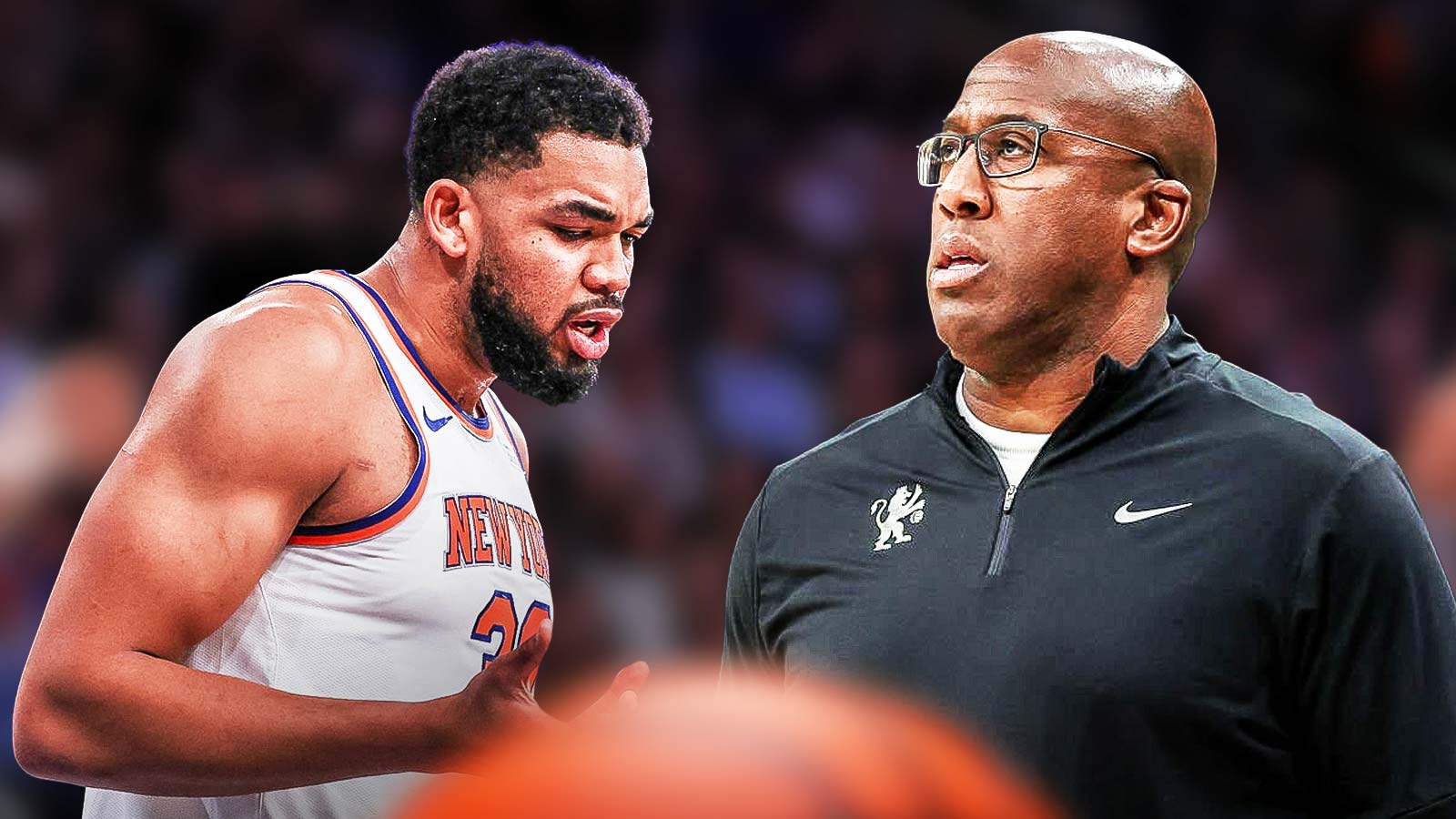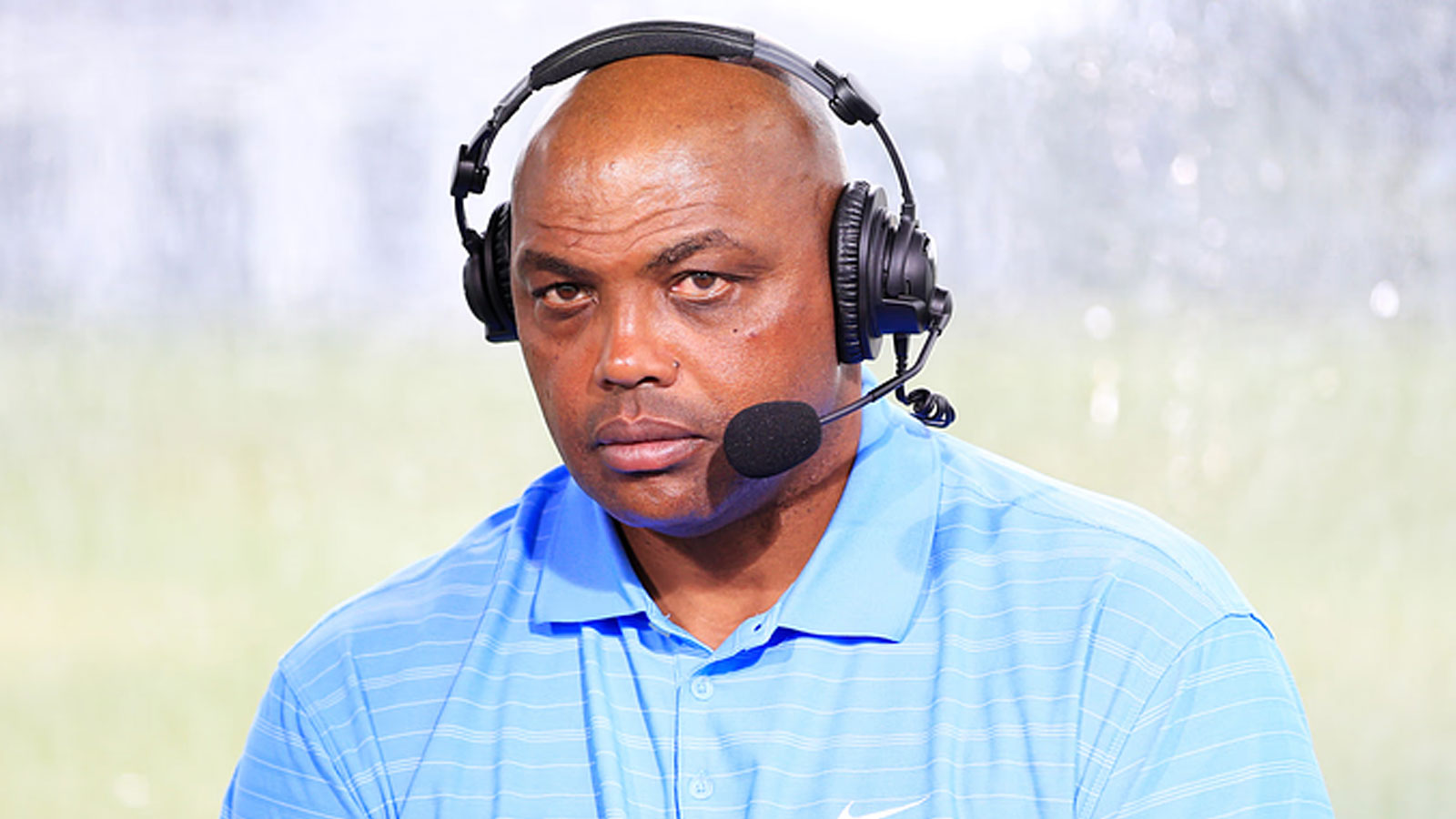Former NBA guard Nate Robinson has been out of the league for 10 years, but he still has one of the most inspiring stories in basketball history. The 5-foot-9, 180-pounder is one of the few players of his size to succeed at the highest level, and he's one of the best NBA Slam Dunk Contest participants ever.
Robinson won the competition three times, matching former Orlando Magic guard Mac McClung for the most all-time. Additionally, those two players along with Michael Jordan, Jason Richardson, and Zach LaVine are the only back-to-back winners.
Robinson is also the second-shortest player to win it behind the 5-foot-6 Spud Webb in 1986. The Washington University product is living proof that talented hoopers can achieve NBA glory if they work hard enough, which he wrote about in his 2014 book Heart Over Height.
However, there are several aspects of the league's culture that Robinson would like to see changed. The 2005 first-round draft pick spoke to ClutchPoints on Sept. 30 about his ideas for that as well as adjusting to retirement, his experience playing overseas after the NBA, and more.
This interview is courtesy of mBit Casino.
Nate Robinson Q&A
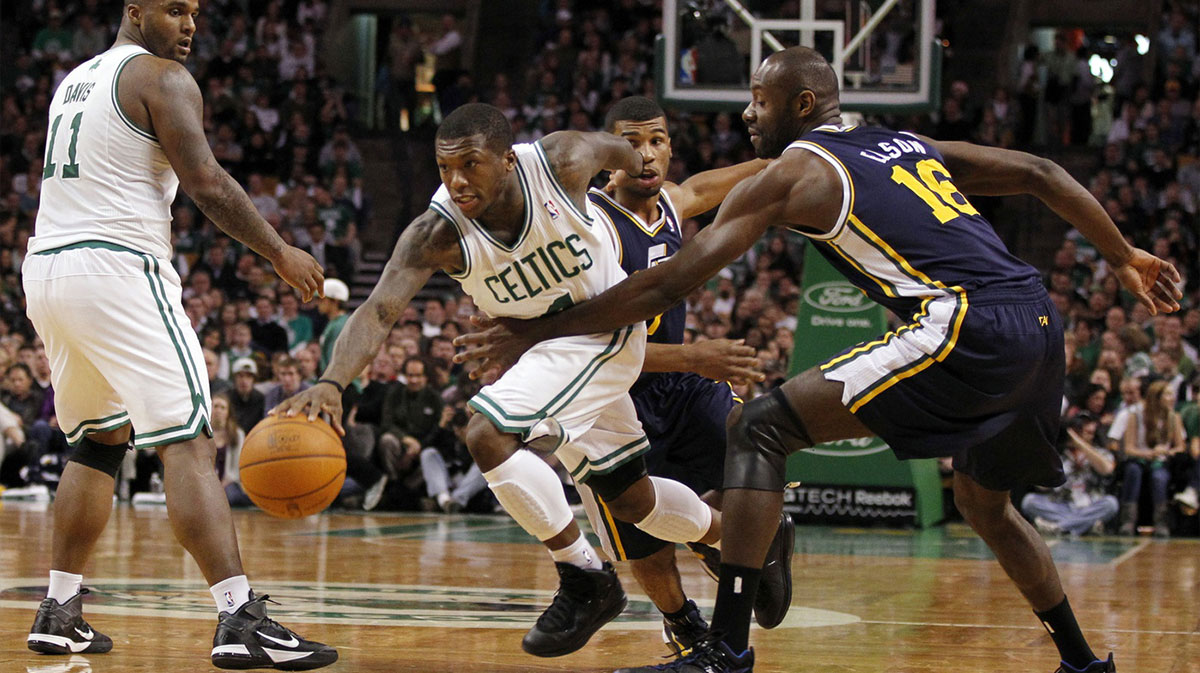
Joshua Valdez: Alright, let's get started. So how have you adjusted to life after basketball?
Nate Robinson: Man, honestly, just being “dad,” bro. I mean, it's part of life. It's just, you know, you're not playing in the NBA no more, and life is life. Enjoying watching my kids grow up, I got two kids in college. I got a daughter that's a sophomore in high school, and I got a 10-year-old who just started, well he's nine, but just started third grade. So everything's going. I'm fortunate.
Joshua Valdez: Amazing. And you've done a lot of off-court ventures after your retirement. What's been your favorite so far?
Nate Robinson: I mean, doing fun content stuff and, you know, doing appearances, showing up. I create sneakers with a brand called EQLZ from China. They help me and let me be creative with making the sneakers, the colorways, creating the boxes. Just everything, man. Stopping by the Children's Hospital, seeing kids that are on dialysis that are dealing with kidney failure, like how I was dealing with. That's been great. Just spending time with family and friends. Life's been good, man. You know, just trying to do fun stuff and staying busy. Hopefully I can get into coaching and training kids, teach them what it's like to work hard and grind and get where you want to get to in life. So life has been great.
Joshua Valdez: You'd like to be a youth-level coach, or something higher?
Nate Robinson: Youth, high school, college, pro one day. It all depends; you got to start your journey somewhere, but I definitely want to start with the youth. Start coaching AAU and doing things like that. I think that'd be pretty fun to do when the time comes.
I know my daughter is going to graduate in a couple of years. She's already a sophomore, so she has a couple more years in high school. Getting her ready has been the task now. I've spent a lot of time with my boys. One of my sons plays football at the University of Memphis, and my other son is in a junior college in North Idaho playing basketball. So I think we did a pretty decent job of you know, raising and coaching them. Now I got to put my love and attention into my daughter and try to get her to be one of the best players in the world one day. So that's the plan.
Joshua Valdez: Got you. And how did playing basketball in Israel and Venezuela compare to the NBA?
Nate Robinson: The comparisons? I just think that, you know, it's beautiful playing in different countries because they get to see you playing in real time and not just highlights or things they say on TV. The beautiful thing about the fans in the different countries like Israel and Venezuela and Spain and wherever you play overseas is that their fans are literally die-hard fans of the sport and of the team that they support. I played for a team in Israel called Hapoel Tel Aviv, and fans came to the airport when I landed. The fans would cheer and yell the whole game, beat on drums and just celebrate their team. It was a different vibe, man.
I wish that NBA fans did that a little bit more. You know, in America, they're a little too cool. You know what I'm saying? The fans want to enjoy the game. But overseas, it means everything to them. Like, you know, their team is a part of their lives. They welcome us in like real family, and that shows how much love and passion they have for the game. It makes you play harder and makes you embrace and enjoy them coming to the game watching you play. So, you want to play hard, you want to win for your team. It made it made it so much sweeter to be able to play for the team, and easy to play for them because they want you to win. They want you to play hard, they want you to win. It was an amazing, amazing experience.
Joshua Valdez: Do you feel like fans overseas are more passionate than in the United States?
Nate Robinson: Yeah, for sure. For sure.
Joshua Valdez: That makes sense. Speaking of the United States' side of things, how do you view the NBA Dunk Contest now compared to when you participated?
Nate Robinson: I mean, they got better dunks, like more creativity on the dunks. But with us, when we played, we had more swag. We were showmen. It's a little different now. You know, now it's like…What can somebody do that nobody's done before that can bring the Dunk Contest back to life? That's been the most difficult thing.
I think they need to add more dunkers. Four dunkers is not enough. Back when we played, it was like 10 dunkers, almost. The Dunk Contest probably took too long for the weekend, but we want to see more dunkers, bro. We want to see maybe a way where they can bring in dunkers off the street that are influencers and stuff because their dunks are better than the actual NBA players. So we got to figure out a team type of deal, like bringing in somebody to help you create a dunk that you guys could do together or something. I don't know, they got to figure out something.
Joshua Valdez: Do you feel like you guys cared more about the Dunk Contest?
Nate Robinson: I mean, they just make it where it's not as cool now. I don't know why, I don't know where it went wrong. But back in the day, doing the Dunk Contest, it stamped who you were and what you were trying to bring to the table. Like, come on, man, you had guys like Michael Jordan doing the Dunk Contest when he was young. Like LeBron [James], he should have done it. Guys like Ja Morant, Zion [Williamson], why are you guys not doing what you're meant to do?
You know what I'm saying? It doesn't make sense. Like, come on, Ja. You supposed to do that rookie year. Zion, you supposed to do that rookie year. Come on, bro. The best of the best. Blake Griffin, myself. I mean, Tracy McGrady, Vince Carter, Michael Jordan, Jason Richardson, Desmond Mason, Steve Francis, Baron Davis, Dominique Wilkins, they all did it. They were dunkers, and they did the Dunk Contest. So many guys blessed the Dunk Contest and still became the player that they are today. It didn't hinder them. Even if they didn't win, they still did it.
Guys are so worried about losing or looking bad or whatever the case may be. Back in the day, we didn't have cell phones to record everything and people didn't have the internet to be able to go on and talk and say whatever they wanted to say. It didn't mean nothing to us back then. We just did it, you know, for the fans. We did it for ourselves, to stamp “I'm one of the greatest athletes to ever walk the Earth.” Like, that was a deal. That was a thing back then. Now, they don't even care.
Joshua Valdez: And going off of that, what was your favorite moment in your career in general?
Nate Robinson: Oh man, that's a great question. Probably just being drafted. I was the guy from Seattle that people probably didn't even know who I was, especially people from the East Coast. ‘Cause, you know, I played on the West Coast. I played in the Pac-10 back when, our games came on around 1, you know, 12, 11 o'clock at night when people were sleeping. So the only time they got to see us play if we made a highlight on SportsCenter and our team was on or whatever, or in the NCAA Tournament.
But I think for me, it's just getting the opportunity to be drafted, my name being called 21st. I was a little guy, so that was kind of a big deal. You know, 21 out of so many great choices that they could have picked before me. I was just blessed to be a part of the NBA man.
And then playing-wise, I had a couple great moments, like blocking Shaq [Shaquille O'Neal], blocking Dwight [Howard], blocking Yao Ming, hitting the game-winning shot over Allen Iverson, dunking over Dwight, dunking over Spud Webb, scoring 45 in a game, blocking LeBron. I had so many great moments, man, but I cherish all of them. I don't have a particular greatest moment, because all of them are great to me.
Joshua Valdez: Yeah, definitely. And for my last question, what advice do you have for players who aren't the tallest in the world trying to make it to the top level?
Nate Robinson: Man, never give up, bro. Out-work any and everybody. That's what I did. It was no secret to getting to the next level, or even getting to whatever level you want to get to, that you're a little guy, bro. You got to just grind and let what all the naysayers say go in one ear and out the other. Believe in yourself. If you don't believe in yourself, how can anybody else believe in you? Please believe in yourselves, put your best foot forward every time you step on the court or anything that you do.
And then on top of that, the main thing that you have to do is have fun. If it's not fun, you cannot be doing it, because basketball is only a game. And yes, there's tough moments in the game and periods where you have to have stone cold skills and be fierce, tough and strong, but it's got to be fun. It's got to be fun in those moments man, because pressure busts pipes but a lot of pressure creates diamonds. And you can be a diamond in the rough, and you got to get it out of the mud. You got to be one of those guys that's willing to do all the difficult things that most of the guys that are taller [won't do]. They get an easier route to the league because they're tall, but you got to be willing to do everything and put in overtime to get to the next level and be the best that you could possibly be.
Joshua Valdez: Thank you so much. That was great, I appreciate it.
Nate Robinson: You're welcome.

